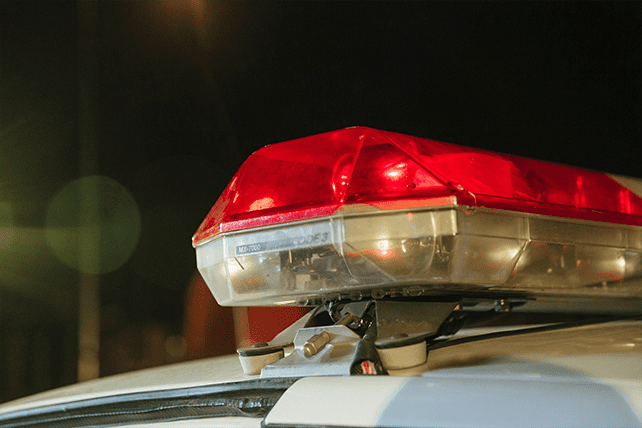This holiday season, one Kentucky church is taking an unconventional approach to community outreach. River Lake Church in Glasgow has partnered with the police department to give drivers a gift of $100 during traffic stops instead of a ticket.
“Throughout the night, what we’re going to do is we will look for minor traffic infractions and we will initiate a traffic stop,” Glasgow police officer John Wallen told WBKO.
“Most people will, you know, obviously be thinking, ‘Oh my gosh, I’m getting a ticket,’” Wallen said. “So when they pull over, they’re going to be a little anxious and nervous, but what they don’t realize is that we’re actually going to bless them this Christmas season with $100.”
In total, the church gave away $2,500 through its “Let Hope In” initiative, through which the church is seeking to mobilize congregants to engage in generosity toward the community. Other aspects of initiative include leaving large tips at local restaurants and businesses, writing holiday cards, and caroling.
Jamie Bennett, associate pastor with River Lake Church, told WBKO that the initiative is “a great way to show them how much God loves them and give them sort of an easy in to the gospel.”
For Wallen, the initiative has the added benefit of strengthening the police department’s relationship with the community.
“Honestly, we would take a bullet for any of these citizens. If it came to it, we would stand in a line for them and protect them,” Wallen said.
“So being able to be a part of a situation like this where it helps strengthen the community aspect and have them see that we’re just here to help them,” Wallen continued, “I’m excited about that too because there is such a presumption that the police are just bullies or they’re just wanting to give people tickets, and that’s far from the case.”
Bennett said that the initiative is making a real impact.
“We’ve heard of bills being paid when people had no idea how it was going to happen, Christmases that weren’t going to happen,” Bennet said. “We’ve heard about meals—‘We can get a ham’ or ‘We’re going to have something to eat,’ ‘The electricity is going to be on.’ It ranges what people do and how it affects them.”

